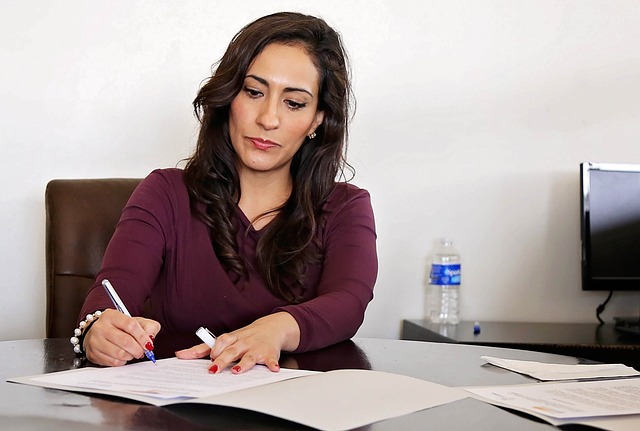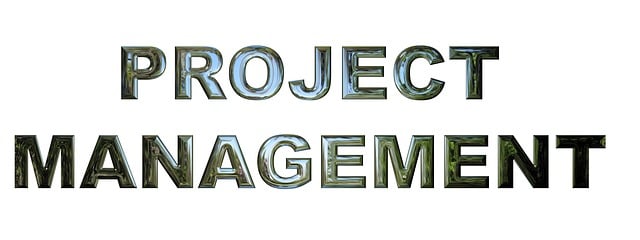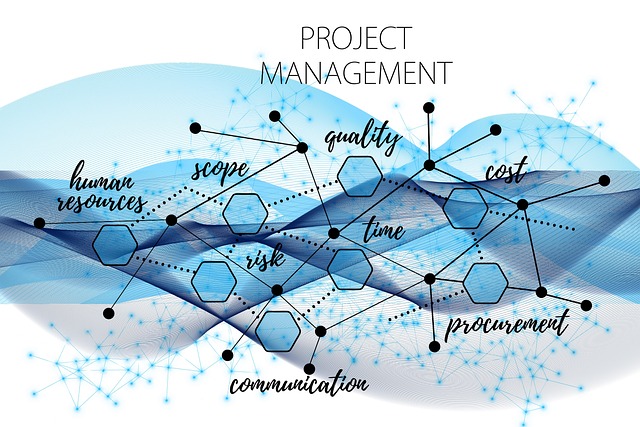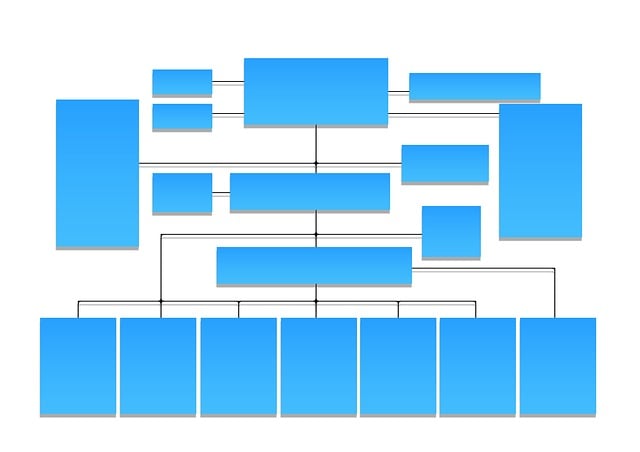In the competitive real estate sector, successful investments rely on effective tenant management. This involves balancing tenant needs with property maintenance through open communication, swift issue resolution, adherence to tenancy laws, and regular interactions. Skilled property managers act as a bridge between landlords and tenants, fostering trust, addressing concerns, collecting rent on time, and maintaining the property through regular inspections. Legally sound lease agreements define rights and obligations, ensuring compliance with local real estate laws and promoting transparency, harmony, and investment protection.
In the dynamic realm of real estate, overseeing tenants and maintaining property condition are paramount for long-term success. This comprehensive guide delves into the multifaceted roles of property managers in tenant management, from fostering strong relationships to ensuring compliance with local regulations. We explore effective strategies, including regular inspections, prompt maintenance, and proactive measures, to enhance property longevity and tenant satisfaction. By implementing these tactics, real estate professionals can revolutionize their approach to tenant oversight, ultimately driving higher retention rates.
Understanding Tenant Management in Real Estate

In the real estate sector, tenant management is a critical aspect that often determines the success and profitability of property investments. It involves overseeing the needs and concerns of tenants while ensuring the property remains well-maintained and in optimal condition. This delicate balance requires effective communication, prompt issue resolution, and fair treatment of both tenants and landlords.
Real Estate professionals must be adept at handling tenant relations, understanding their responsibilities, and adhering to local tenancy laws. Regular interactions, including lease agreements, maintenance requests, and routine inspections, are essential to fostering a positive living environment. Effective tenant management not only maintains property value but also contributes to high occupancy rates and satisfied residents, which are key metrics for any successful real estate venture.
– The role of a property manager in tenant oversight

In the realm of real estate, effective tenant oversight and property maintenance are cornerstones of successful property management. A skilled property manager plays a pivotal role in ensuring both. They act as a liaison between landlords and tenants, fostering a harmonious relationship built on trust and respect. By overseeing tenants, these professionals guarantee that rental agreements are adhered to, rent is collected on time, and any issues or concerns raised by tenants are promptly addressed.
Maintaining the property’s condition is another key duty. Regular inspections help identify wear and tear, allowing for timely repairs and upkeep. This not only preserves the property’s value but also contributes to a positive living environment for tenants. Through meticulous tenant oversight and proactive property maintenance, a competent property manager can extend the lifespan of the real estate asset while enhancing its appeal in the competitive market.
– Legal considerations and lease agreements

In the real estate sector, overseeing tenants and maintaining property condition are paramount for landlords. Legal considerations play a crucial role in this process, underscoring the importance of thoroughly understanding lease agreements. These contracts dictate the rights and obligations of both parties, including terms related to rent payments, property upkeep, and tenant behavior. Landlords must ensure they comply with local tenancy laws to avoid legal disputes and potential financial penalties.
Lease agreements serve as a binding contract, outlining expectations regarding property damage, repairs, and maintenance schedules. By clearly defining these aspects, landlords can protect their investments while providing tenants with a clear understanding of their responsibilities. Regular communication and transparent documentation are essential to fostering a positive relationship between landlord and tenant, ensuring a harmonious living environment for all parties involved.






